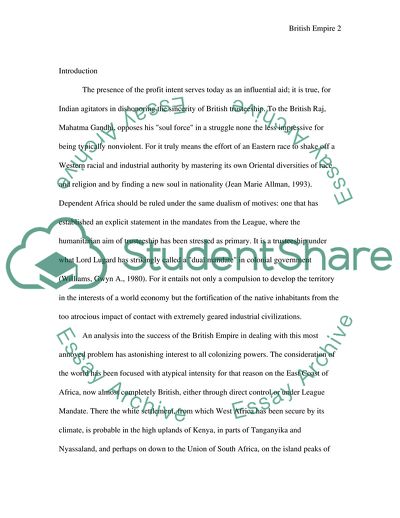Cite this document
(Violent Nationalism in the British Empire Coursework, n.d.)
Violent Nationalism in the British Empire Coursework. Retrieved from https://studentshare.org/history/1703846-how-did-the-british-empire-understand-and-try-to-combat-violent-nationalism
Violent Nationalism in the British Empire Coursework. Retrieved from https://studentshare.org/history/1703846-how-did-the-british-empire-understand-and-try-to-combat-violent-nationalism
(Violent Nationalism in the British Empire Coursework)
Violent Nationalism in the British Empire Coursework. https://studentshare.org/history/1703846-how-did-the-british-empire-understand-and-try-to-combat-violent-nationalism.
Violent Nationalism in the British Empire Coursework. https://studentshare.org/history/1703846-how-did-the-british-empire-understand-and-try-to-combat-violent-nationalism.
“Violent Nationalism in the British Empire Coursework”. https://studentshare.org/history/1703846-how-did-the-british-empire-understand-and-try-to-combat-violent-nationalism.


